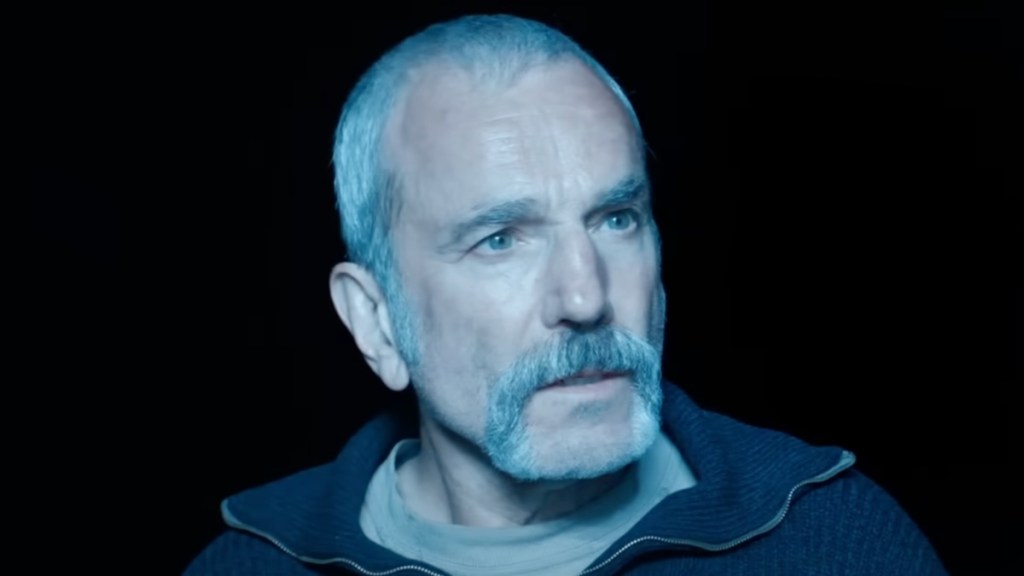URGENT UPDATE: Daniel Day-Lewis has spoken out against the rising criticism of method acting, addressing misconceptions that have emerged in the film industry. In a candid interview with The New York Times, the three-time Oscar winner expressed his frustration with the portrayal of method actors as “behaving like a lunatic” and emphasized the importance of understanding the technique behind the craft.
Day-Lewis, who is currently promoting his new film Anemone, directed by his son Ronan Day-Lewis, stated he is “a little cross these days” about the negative connotations associated with method acting. He criticized the notion that it leads to erratic behavior, saying, “There are techniques you can learn, and I know that the Method has become an easy target these days.”
The actor clarified that his approach to performance transcends the label of “craft.” He revealed, “In the life of an actor, it has to principally be about the internal work.” Day-Lewis believes that critics often amplify stories of discomfort on set, focusing on sensationalized aspects that misrepresent the true nature of the acting process. “Everyone tends to focus on the less important details,” he noted, emphasizing that such narratives often involve “self-flagellation or an experience that imposes upon oneself a severe discomfort or mental instability.”
Despite being labeled a method actor, Day-Lewis has distanced himself from the strict interpretation of Konstantin Stanislavski’s teachings. He acknowledged that while Stanislavski’s tradition influenced his training, it is misleading to suggest that method acting demands “an inordinate amount of calculation.” Instead, he described acting as a way to “lay the groundwork, which might allow the imagination to free itself.”
Throughout his illustrious career spanning over four decades, Day-Lewis has garnered acclaim for his immersive performances in films like My Left Foot, Lincoln, and There Will Be Blood. His recent return in Anemone marks a significant moment, as it follows an eight-year hiatus from acting. Co-starring with Sean Bean, Day-Lewis portrays a reclusive ex-soldier, a role that he described as deeply personal, especially given the opportunity to work alongside his son. He expressed that collaborating with Ronan has “meant everything” to him and represents a touching comeback for the acclaimed actor.
As the conversation around method acting continues to evolve, audiences are urged to reconsider their perspectives on the craft. Daniel Day-Lewis’s insights serve as a crucial reminder of the nuanced nature of acting and the dedication required to bring characters to life.
Stay tuned for more updates on this developing story as the film industry navigates the complex dialogue around acting techniques and their implications.






































































